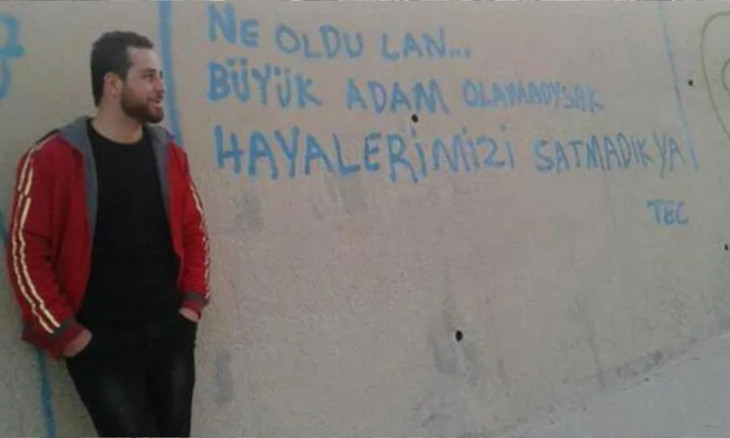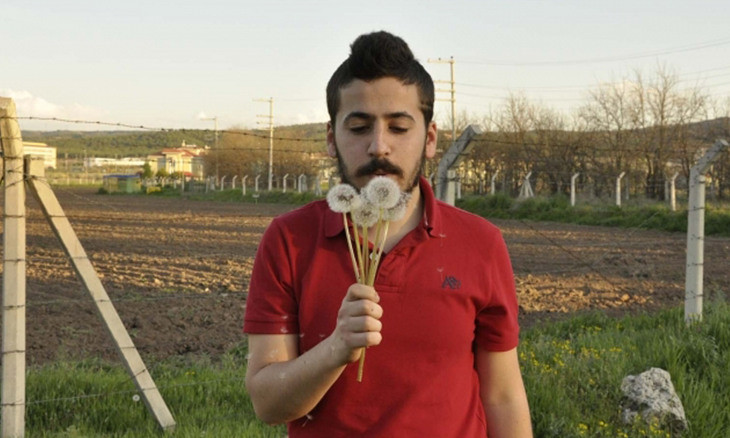Turkish top court finds rights violation in case of man who lost eye during Gezi Park protests
Turkey's Constitutional Court has found a rights violation when the state refused to grant permission for the prosecution of police officers in a case concerning the injury of a Gezi Park protester. Erdal Sarıkaya lost sight in one eye during the 2013 Gezi Park protests and has been since trying to sue the government for his injury.
Duvar English
Turkey's Constitutional Court has found a rights violation in the case of a protester who lost sight in one eye when a tear gas canister fired by police hit him in the face during Gezi Park protests in 2013.
The top court said that Article 17 of the Consitution, which governs the prohibition of torture and ill-treatment, was violated and ordered the state to pay Erdal Sarıkaya 3,857 Turkish Liras in compensation, daily Evrensel reported on April 29.
Since his injury during the 2013 Gezi Park protests, Sarıkaya has been trying to sue the government.
He filed a criminal complaint with the Istanbul Chief Public Prosecutor's Office at the time, with an expert's report identifying 16 police officers who might be responsible for the injury in question.
However, the Istanbul Governor's Office did not allow any of the police officers to be put on trial which led the prosecutors to suspend the trial in 2017.
Public officials in Turkey cannot be subject to criminal investigation without the permission of administrative authorities concerned.
After Sarıkaya's appeal got him nowhere, he this time filed an application with the Constitutional Court on the basis of the Constitution's Article 17 forbidding torture.
The top court criticized the lack of a trial process against the police officers in question for the last eight years, ordering an effective investigation to take place.
“The lack of an investigation process against suspected public officials or the unnecessary extension of the investigation period cause impunity in suspects' actions and create the image that such actions are tolerated, as a result of which the obligation to carry out an effective investigation into ill-treatment is violated,” the top court said in its ruling.
As per the top court's decision, a trial process against the police officers in question will start, eight years after Sarıkaya's injury.
The Gezi movement in 2013 united hundreds of thousands of people across Turkey against the increasingly authoritarian style of President Recep Tayyip Erdoğan's ruling Justice and Development Party (AKP).
The movement was triggered by the government's contested plan to redevelop an Ottoman-era barracks in Gezi Park, the small green area on the edge of Taksim Square.
Turkish police suppressed the Gezi protests with tear gas and water cannons. In addition to the 11 deaths and over 8,000 injuries, more than 3,000 arrests were made.

 Governor refuses prosecution of police in trial of Gezi Park protestor's deathHuman Rights
Governor refuses prosecution of police in trial of Gezi Park protestor's deathHuman Rights Gezi victim Ali İsmail Korkmaz's mother: I’ve been waiting for him to arrive with his suitcase in handHuman Rights
Gezi victim Ali İsmail Korkmaz's mother: I’ve been waiting for him to arrive with his suitcase in handHuman Rights